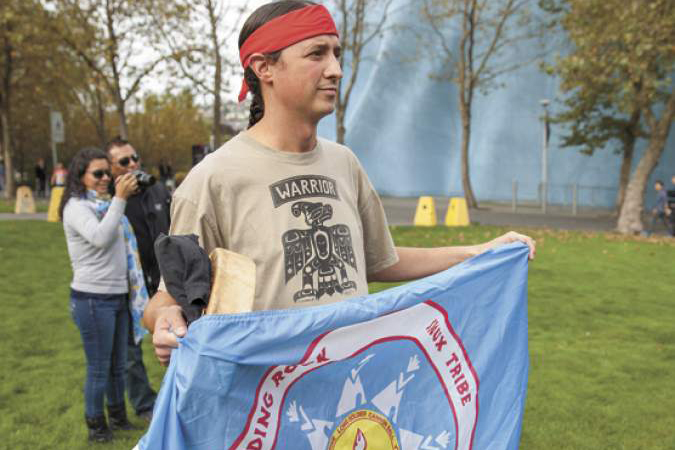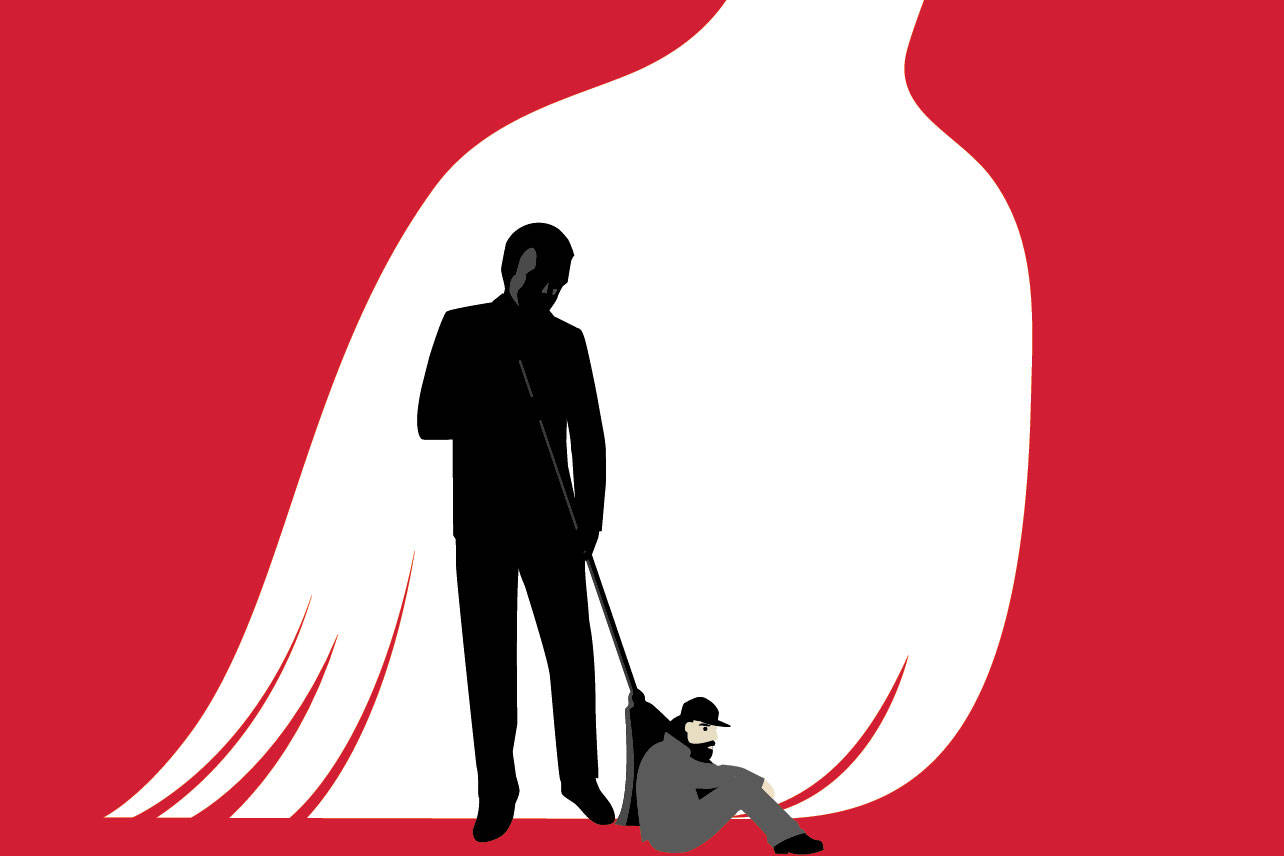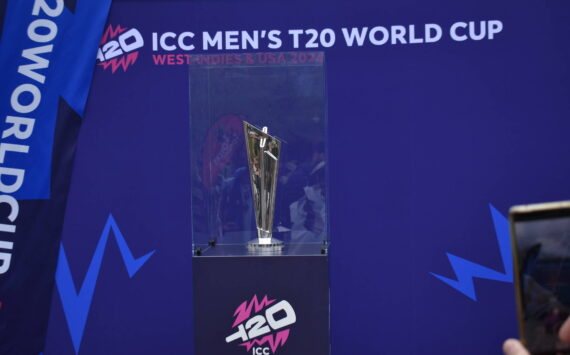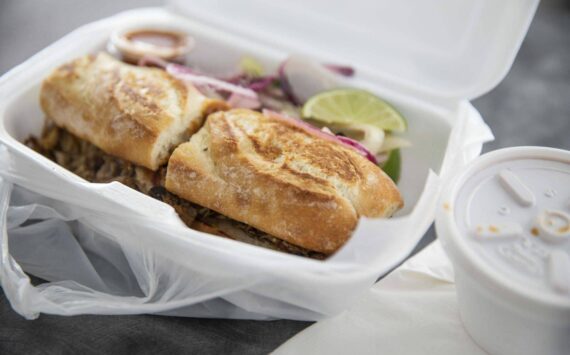In 2014, President Barack Obama flew to North Dakota to visit youth members of the Standing Rock Sioux tribe—making him just the eighth sitting president to visit a reservation.
“It’s not very often where I tear up in the Oval Office,” he later told reporters. But thinking back about the youth he’d met—who deal with poverty, drug addiction, and suicide rates that would be simply unacceptable anywhere else—he couldn’t help but get misty-eyed.
As a result of his visit, Obama launched the Generation Indigenous Initiative, geared toward “improving the lives of Native youth by removing the barriers that stand between Native youth and their opportunity to succeed.” He deployed extra funds to Native schools and convened a meeting of indigenous youth in Washington, D.C., to help deepen policymakers’ understanding of what challenges face the first peoples of the United States. No one would argue that these efforts will solve the issues facing Indian Country, but it does show a commitment from the executive branch of the country that is nearly unprecedented.
Fast forward to last Thursday, when presumptive Republican presidential nominee Donald Trump was in North Dakota, and said this: “Who? Pocahontas? Is that what you said? Elizabeth Warren?”
He was warming over an old line of attack on the U.S. Senator from Massachusetts, whom critics say inappropriately claimed Native American heritage to advance her academic career. This being Trump, he chose to pick up the mostly false narrative in particularly offensive fashion and turned a Disney character (make no mistake, the historical figure of Pocahontas plays no role in this episode) into a byword for an entire race.
If and when Donald Trump drops the Pocahontas shtick in favor of some new routine, it may well be the final reference he makes to Native Americans in this campaign. Back in March, U.S. Congressman Markwayne Mullin, a Republican from Oklahoma and one of two members of Congress with Native heritage, told Voice of America that “out of the current field” of Republicans, “all but one” had contacted him to discuss Native American policy. “The only one that hasn’t reached out is the one that’s at the top of the ticket right now.”
That would be Trump.
Yet Trump is not the outlier he may seem on this front. More than almost any other minority in America, Native Americans can be ignored or—in Trump’s case, outright insulted—by national politicians with little fear of retribution from the electorate.
Part of this comes down to the numbers. In Washington, for example, Native Americans make up just 1.5 percent of the population. But on a deeper level, Native scholars have long noted the way in which American society looks at Native culture as a relic of the past, not a fact of the present. In this way, Trump channels society as a whole when he turns to a buckskinned cliché to invoke the constituency he otherwise ignores.
What Obama confronted in North Dakota —the poverty, the drug addiction, the suicide— is the cost of that mind-set. And we don’t need to look to the Dakotas to witness it. As Matt Driscoll reported in Seattle Weekly two years ago, poverty rates for Native residents in Seattle are higher than those of any other ethnicity—about 30 percent compared to 9 percent for white people. Health outcomes are also worse across the board, with significantly higher levels of asthma, diabetes, and obesity than the general population. Seattle also lives with the fact that the tribe indigenous to the area—the Duwamish—continues to go unrecognized by the federal government.
“Folks in Indian Country didn’t just wake up one day with addiction problems,” Michelle Obama said when the Generation Indigenous Initiative was announced. “Poverty and violence didn’t just randomly happen to this community. These issues are the result of a long history of systematic discrimination and abuse.”
It should be noted that not all Native political observers have been impressed by presumptive Democratic nominee Hillary Clinton’s Native policy, either. Gyasi Ross, the Seattle-based editor-at-large of Indian Country Today, argued recently that Bernie Sanders was “the only presidential candidate that makes Indian Country a priority.”
One can dispute that assessment, but it seems inarguable that, given our history, there is a good chance that issues facing American Indians will play little part in our presidential election.
We must change the trajectory. If the Obamas’ heartfelt and thoughtful comments don’t convince you of that, then Trump’s spiteful and ignorant ones should.






